Maldives Magic
When people think of the Maldives, generally the picture that comes to mind is of a tropical island paradise. Of endless surf breaks in warm waters abundant with marine life. Of sunsets and boats.
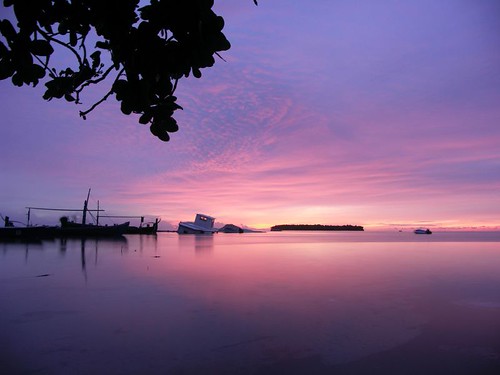
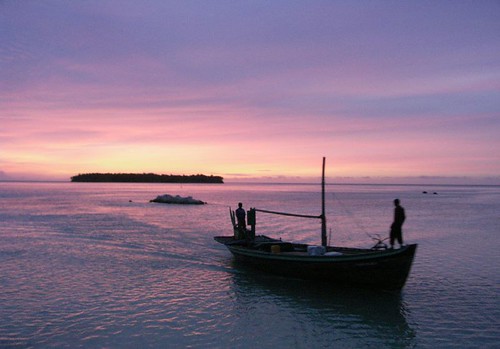
That, at least, is what the tourist brochures would have you believe. But that's only one part of the Maldives. Beyond the resort lies a very different country - a capital city of Male' which occupies just 3km x 1km but holds 70,000 people. A sparse sprinkling of far flung atolls formed from remnants of old volcanoes, occupied by villages engaged in boat building and fishing, each with a unique mix of issues, and many affected by the Tsunami in one way or another. It is this Maldives which I came to see.
Engaged as a consultant to perform a feasibility study on renewable energy systems in Tsunami reconstruction on behalf of the British Red Cross, my colleague Duncan and I were taken on a week-long tour of 7 islands in two atolls, and engaged with community members to assess their energy situation and possible remedies. It was a truly unique and insightful experience, in which we were granted meetings with ministers and mechanics, taught a school class before been led to the principals office (for the first time in over a decade), and sat in communal hammocks under palm trees with island chiefs sipping coconut milk. The food on the islands consisted of fish, fish, and more fish - "FISH" being the sole response to our "what's in that" query of all menu items - though we were also fortunate enough to be treated to fresh coconuts professionally cut by a wily old man with a 30 year old wife and a twinkle in his eye, who shared his secret for satisfying a young wife (much has to do with a mango tree and (in the absence of Viagra) frequent drumming practise to maintain erectile performance).
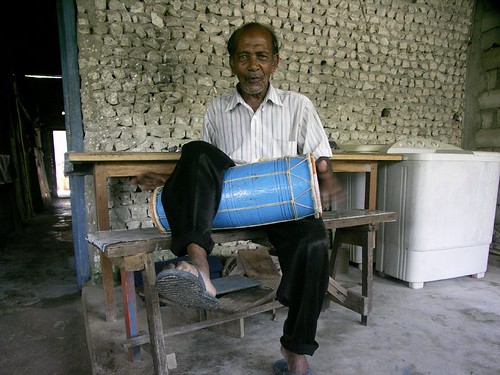
Whilst the Maldivians we met were lovely people and were keen to hear some solutions to their energy problems, they seemed unfortunately unaware of environmental sustainability as key to their future survival. If relying on international tourism in the era of peak oil sounds perilous, if the notion of every power plant and boat running on diesel seems somewhat unsustainable, if the thought of a country with 80% of its land less than 1m above sea level sounds precariously threatened by global warming, if you feel that (for all our good intentions) we may be merely assisting to prolong the agony of a country destined for underwater fame, if it sounds like Atlantis may be founded by people intent on sacrificing their housing foundations in order to build higher with outdated notions of 'progress', then perhaps you too should visit the Maldives! (whilst they're still there)!
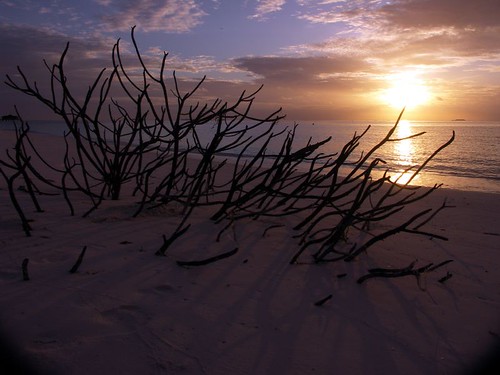
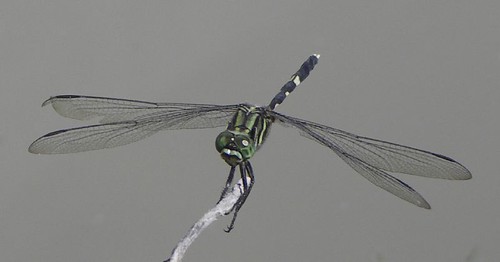
The one possibly suitable method for raising the mean height of the Maldives seems to make use of the growing piles of litter accumulating everywhere as the Maldives transition to a more wasteful "developed" nation. Growing amounts of garbage and lessening amounts of land is leading to the practise of landfill being used in reclaiming land. This is practised on a national level and on a local level, for it seems that there is an affection for direct reclamation of land by dumping rubbish on the beach - perhaps most concerningly highlighted by the local language, in which the word for "Beach" is the same word used for "rubbish dump".Meanwhile, those in the capital city (island) of Male' go about their lives attaining to Western lifestyles with disregard for locally appropriate behaviour. Drivers brandishing expensive mobile phones import cars (actually, EVERYTHING is imported (except fish, fish... and coconuts)), then proceed to drive circles around the island, leaving motorbikes and scooters contend with narrowing gaps between cars and pickup trucks, whilst bicyclist are left to their own devices. That cars are necessary on an island which must be all of 3km x 1km is beyond me, though I guess there is little likelihood of a subway being installed on a flat island 1m above sea level. The insanity of driving cars and motorbikes about might be explained as the only form of "entertainment" on a strictly-Islamic country in which nightclubs are forbidden, alcohol can only be obtained on resort islands and is expressly forbidden for consumption by locals (with the exception of fortunate oversight on behalf of "Toddy", a local traditional fermented palm-flower drink which people (in between hiccups) vehemently deny is alcoholic), and all stores must legally be closed between the hours of 6:00pm and 7:30pm for prayer.That in mind, we were asked to assist the locals (rather than only make fun of them), and we're happy to note that the renewable energy systems we've proposed are intended to address outlying islands' energy self sufficiency and independence from centrally controlled fossil fuel supplies. They also will assist in transitioning economies away from diesel and toward more sustainable land use. They will provide power in event of future disasters, and assist in pumping water for irrigation and relief from tidal surges. Its been an insightful trip, one which has left me with an indelible impression of the calibre of British Red Cross staff and intentions.

I therefore hope you'll see that we have been doing some significant work here, its not been a junket at all (so long as you don't ask me about the surfari (complete with rediculously stupid cocktails) I just returned from!). That's the other aspect to the Maldives - the luscious lifestyle. Complete with outdoor showers, dolphins, sharks, turtles, sting rays, and multitudes of fishes. Now, as I sit and rotate in my hammock, where is my papaya juice and handful of fifty-cents-per-kilo Bananas?
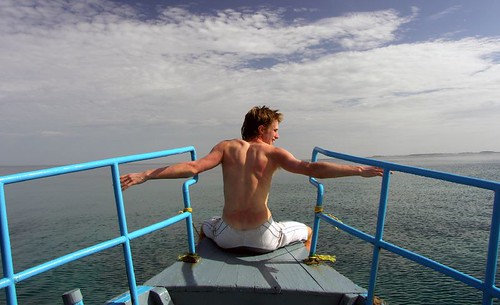
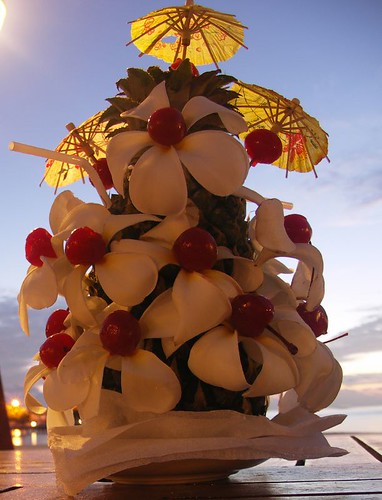
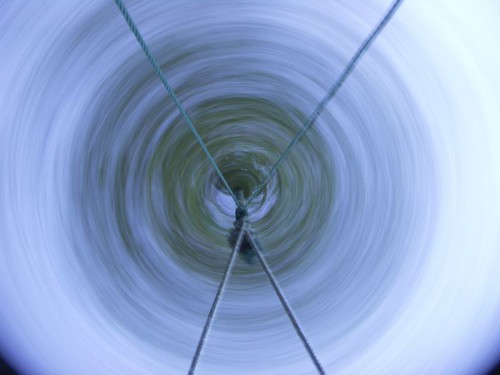
Back in Melbourne today - which reminds me, I'm still in the market for a homely share house with grounded housemates in an eco-aware household located near some natural beauty, ideally Clifton Hill/Westgarth/Fairfield. If anyone is looking for a housemate, please let me know. Cheers.
Warwicked.
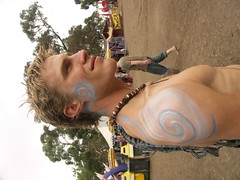

0 Comments:
Post a Comment
<< Home